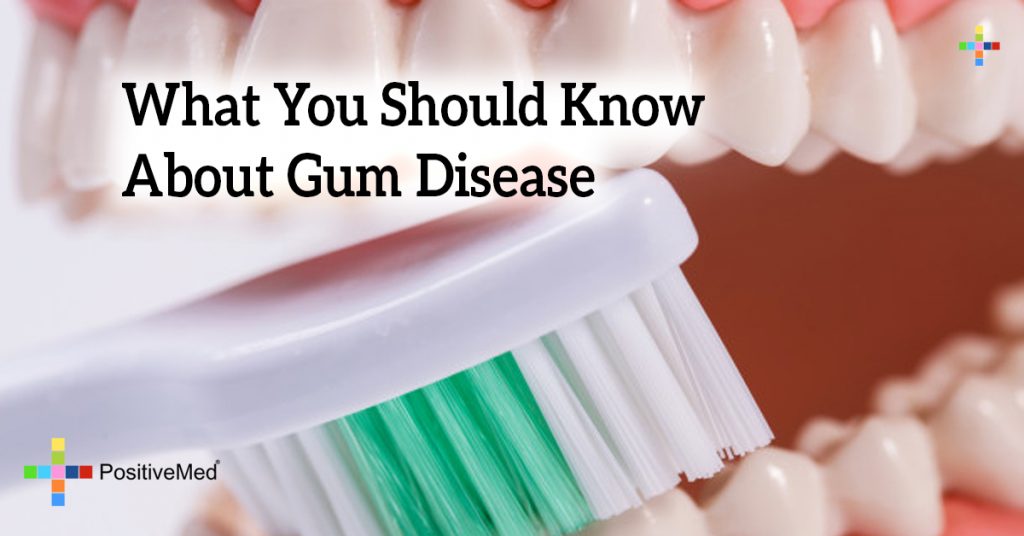
Our dental health plays an important role in a sparkling smile. When it comes to dental health often people only consider brushing their teeth and ignore the gums. Even those with glowing white teeth might be at risk for gum disease. Statistics suggest that 80% of Americans suffer from gum disease at some time in their life. There are certain things that you should know about gum disease and its consequences.
Gum disease and heart disease connection
Various researches suggest that gum disease impacts our heart health. A recent review of various studies proves that any gum disease is a contributing factor to coronary artery disease. A relationship has also been established between clogged arteries in the legs and gum disorders. Studies have found that people who have gum disease are more likely to have blood vessel diseases and arterial problems. Lack of oxygen in the brain increases the risk of strokes. A study conducted on 50,000 people and it concluded that people with gum problems were more likely to have a stroke.
There are various ways of spotting gum disorders. Some evident symptoms may be gum bleeding, receding gums, loosening and/or loss of teeth, bad breath, and a bad taste in mouth that remains for a long time. Inflammation and bone damage are also signs of gum diseases. Usually the bacteria in the mouth creates pockets of infection below the gum line by attacking it.
Gum disease and diabetes
People suffering from diabetes are more prone to infection. Gum disease often transforms into infection which increases blood sugar. Once the blood sugar rises, a person might find it difficult to control if there are constant periodontal infections.

We can take care of our gums by following some simple health tips. The most important basic step to taking care of your mouth is to brush your teeth daily. If you notice traces of blood while brushing do not ignore it as it is an early sign of a gum disorder. Immediately bring it to your dentist’s notice and adopt corrective remedies.
Neem is an herb used in ancient Ayurveda for taking care of the overall health of your mouth. You can chew it daily in the morning and stay away from any sort of dental or periodontal problem. Other things that ensure healthy gums are healthy eating habits, reduction in stress level, avoiding tobacco, and indulgence in physical activities.
Use of mouthwash should also be minimized and replaced by natural alternatives like neem stem. Artificial mouthwash products include chemicals which might give you fresh breath but are harsh on your teeth and gums. Another homemade remedy for a healthy mouth is a mixture of mustard oil and common salt. Place 5-10 drops of mustard oil on your palm and add 1/4 tablespoon of salt. Mix together and apply on your gums and around teeth. Leave it for 30 minutes and then wash your mouth with fresh water.
Its important to replace your toothbrush every 3 months or after every time you fall ill. As we always say, the above-mentioned information does not replace professional medical advice and any significant changes should be reported to your healthcare professional.
What You Should Know About Gum Disease
By Divya Shree
Edited by Stephanie Dawson
Reviewed by Nima Shei MD





